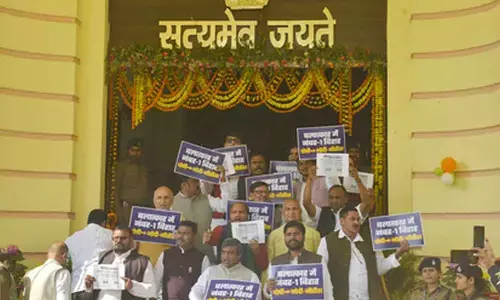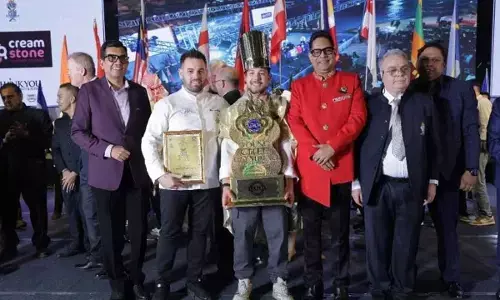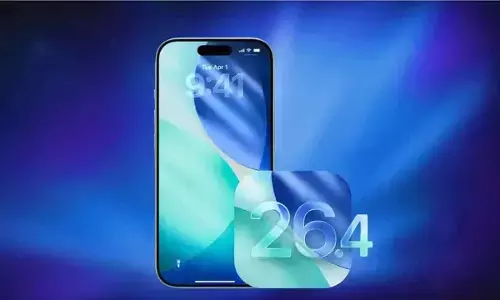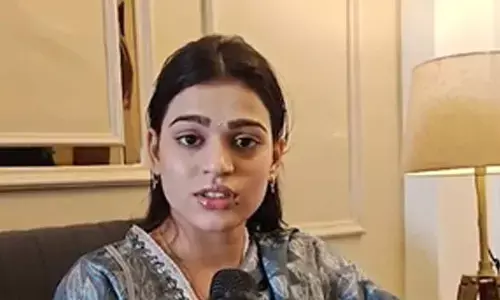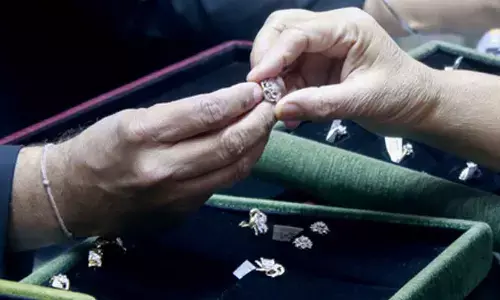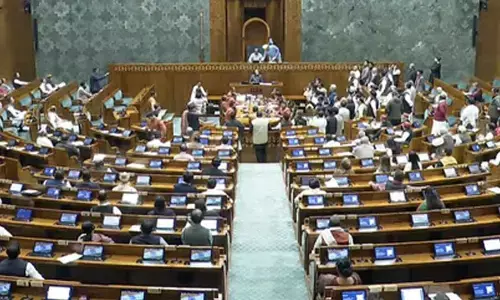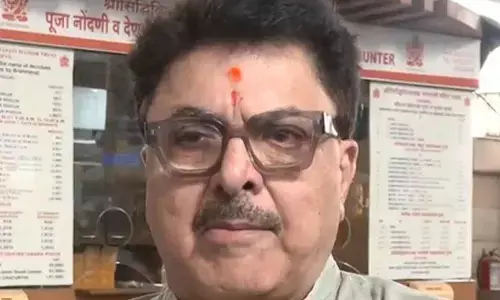Has Covid-19 forced us to redraw our lifestyles?
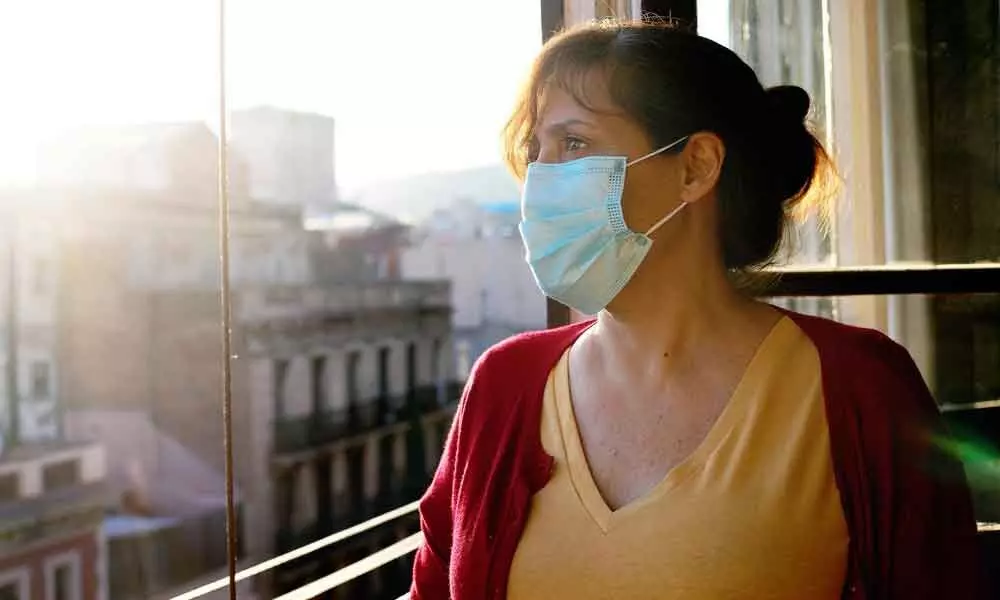
Has Covid-19 forced us to redraw our lifestyles?
- It might change the concept of our urban lifestyle itself, opines R Raman, a software engineer from Vishakhapatnam
- The value of familial bonds will go up, says Vineet Jaiswal of Rajamahendravaram
Amaravati: Has Covid-19 forced us to redraw our lifestyles or has it just led to temporary adjustments? Or is it that it is asking us to brood longer over the aftermath of the pandemic?
Answers are not simple but profound to these questions. Yet, how many of us are looking outside the box?
The Hans India popped these questions to a cross section of the people to elicit their response. The sum up says that reality is sinking slowly and that "isolation, distance and safety" are inherent to one another. A common refrain tells us that social isolation will slowly lead to individualism in public spaces.
"This may not happen immediately. Yet, in the long term, and given that the same conditions keep repeating, there is every possibility that it will lead to a kind of selfishness. It might change the concept of our urban lifestyle itself. Public spaces might shrink or get more personalised," a software engineer from Vishakhapatnam, R Raman opines.
"On the contrary, the value of familial bonds will go up. People have already started dining together at home. Watching movies with the family members, reading books and spending time with kids is back. These are some of the pluses," Vineet Jaiswal of Rajahmundry is sure.
Ramana Murthy Vedula, a retired teacher from Vizianagaram, is happy that the pace of life has slowed down. "Children from abroad are calling us more...almost every day to enquire about our well being. Care and concern for the family have grown. The news of the tragedies is mellowing us. This could lead to greater empathy by and large, perhaps." He is 72 now.
For students who are 'locked down' for more than a year, Covid-19 is redesigning not only their learning spaces but also their social construct. "The socio-political has become 'social-media political'. Even our protests have acquired a different shape. It is all about online petitions now. It also means wider participation. Earlier, personal interactions were key to opinion making but suggestions were hard to come by on the campuses. Now there is not much hesitation in speaking our minds. It may be so because it is all online and impersonal," says Shubham, a second year literature student of the Christian College of Benguluru and hailing from Nellore.
N Acharyulu of Bharat Abhiyaan, a voluntary organisation, working for the betterment of rural spaces says, "Dependence on social media for public welfare is amazing. Requests for hospital beds, medicines etc, are flying fast and furious on our WhatsApps from all over. We could arrange medicare for a person in Vijayawada based on a request from a resident of New Delhi." The pandemic is impacting our lives in several ways. Even religious institutions have got connected to devotees online. Many youngsters have taken to teaching kids online on a part-time basis. New business opportunities are opening up. Life is set to change? Maybe.








